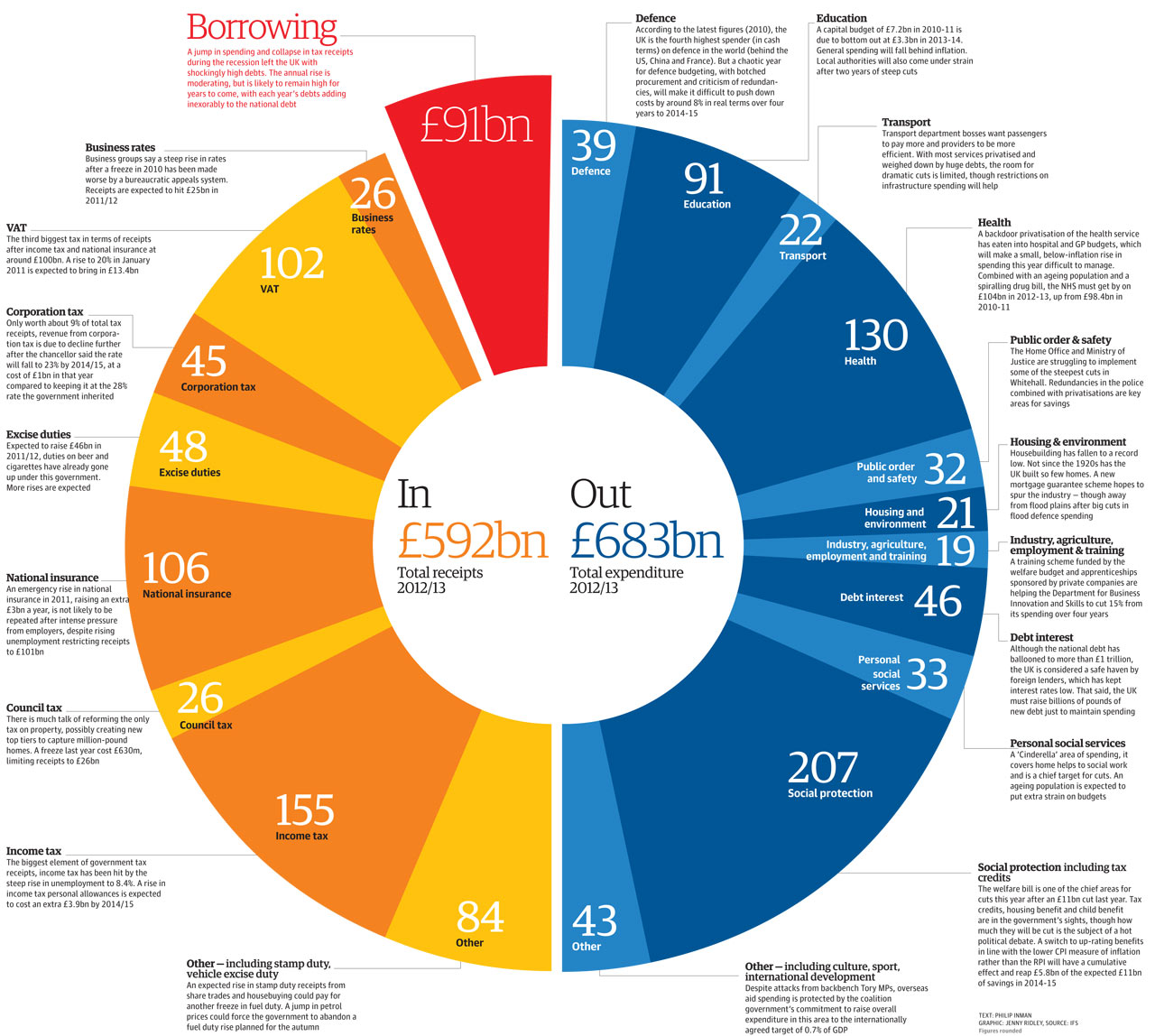 How exactly are we to deal with the Eurozone crisis? It's been going on a long, long time now.
Without much sign of coming to a conclusion.
The Euro leaders response has been poor.
How exactly are we to deal with the Eurozone crisis? It's been going on a long, long time now.
Without much sign of coming to a conclusion.
The Euro leaders response has been poor.
Initially,when the UK and USA bore the brunt of the credit crisis, their response was it was not really a Eurozone problem. It was contagion that was the worry.
The Darling/Brown plan of bailouts reassured the planet, albeit at great expense, and the world began to look for ways of tackling recession.
But as we know, the Eurozone had not dealt well with the credit crunch. In fact for almost 18 months the EU did not even acknowledge there was a problem. The can was kicked along the road by too small and too stringent bailouts.
Ireland and Portugal and Italy and Greece and Spain were all in serious trouble and needed serious help.
But each time the euro countries came up with the same solution. Mostly nothing. Followed by a bit of silence. Then denial. Followed by severe market pressures, followed by near panic, limited bailout and a huge sigh of relief when it sort of worked. And back to nothing.
Now, 4 years after the trouble began, the euro can has finally reached the end of the road and proper action is needed.
At present this seems to be the usual mix of fingers crossed that the Greeks will accept the already agreed deal or a firewall to protect the rest of the EU if the Greeks inexplicably don't take the cash, the bitter medicine of the spending cuts and decide to go it alone.
The Greek elections will decide it. I strongly suspect a big dose of reality to emerge at the next election. A no vote to the bailout means an end to its EU safety net and hello to the world of Chinese and Russian cars at German prices. Mrs Merkel is probably counting on the same. Fear of a worse alternative narrowly averts the latest Greek exit.
But there are no guarantees. And just because Greece stays in only means a worse problem need not be faced. The existing problem still remains.
The EU says the Grexit firewall is ready. But It's not even properly agreed. And even if it was ready, it's too small.
What is really needed is an end to the crisis. Not just words about how the euro is for ever and no one is quitting and everything is in hand. A real gesture is needed. That has to come from Germany. And it's going to cost Germany. But that is the price for the Euro.
Germany might resent having to bail out Europe. They've already rebuilt their country from two world wars. Reunified the inefficient, neglected communist half. Created a new Europe wide currency. Established a whole new Europe wide government and a brand new way of inter European trading. Helped make the backward club med countries modern democracies with modern infrastructures and financial systems and governments. And all the while maintained their position as number one on the league table of most successful European economy since 1961.
But that is what it comes down to. Its plan for break up or fix the Euro. No one else will do it. Certainly not for for free. Sarkozy said the Euro nations could borrow from their own banks. "Each state can turn to its banks, which will have liquidity at their
disposal." He pointed out that earning 6% on Italian bonds that could
then be financed at 1% from central banks was a "no brainer".
But that is causing a decade long recession. The interest on the debt is choking. Indebted countries need cheap credit. Really cheap. AAA cheap. They need even more than that. They need a write off.
The Road to nowhere says The total debt of the PIIGS (Portugal, Ireland, Italy, Greece and Spain)
plus Belgium is more than Euro 4 trillion. A writedown of around Euro 1
trillion in this debt is required to bring the debt levels down to
sustainable levels (say 90% of GDP).
I expect even more is required.
So, Germany needs to agree to finance sick Europe. Germany puts its industry behind its guarantees.
Never mind the EU constitution and the regulations. Its crisis time everyone. Time to do what is needed.
Today Germany can borrow at 1.6%. It borrows as much as it can. Say 2 trillion Euros, backed up by..well Germany. If Germany's borrowing costs goes up, so be it. If the Euro devalues, so much the better. The Euro needs to devalue.
Germany loans that money to the PIGS at 0.2%- 0.5% more than it borrowed, for 10 years. No country need go to the markets at 5-6% when they can get cash for 2%., fixed, for 10 years.
Further, about half of the loan is over a 50 year period. Fixed at an absurdly low rate. The repayments are more than manageable.
After can come all the agreements on Eurobonds and different risk spreads across the different nations. But if the crisis is going to end something has to end it. Germany has gained out of the Euro. The Euro trades at $1.30. If the Mark was back in place would it be so low? When it was last in circulation it was around $2.00. If Germany really wants to keep the Greeks in the club its going to have to swallow its frustration with them and bail them out. Properly.
Afterwards, when recovery is on the way, they can reorganise the EU to be on a more realistic financial footing with proper financial institutions, and conditional Eurobonds and a joint pooling of liabilities , mutualised debts among members, and federal banks and so on.. But they've waited far too long, doing far too little and just hoping the problem would somehow sort itself out.
If they can get the French to come in on the deal, so much the better. But if not, they will have to do it alone.
Enough is enough. The G8 is saying Europe needs to mutualise its debts. Essentially Germany taking on a share of the burden. A German loan or indeed a German 'foreign aid' program is quicker.
Mrs Merkel knows that German taxpayers won't stand for it any more than UK ones would. Why should hard working Hans bail out his feckless, chav neighbours?
But Germany is the fourth largest economy, world’s second-largest exporter... its largest markets are its European neighbours. Germany has avoided recession so far. But for how much longer?
So now Germany must pony up and take on the role of the real lender.
Well, that's my fantasy entry for save the Euro.
Germany doesn't even have the appetite for Euro bonds. Never mind actually taking on the debt.
No doubt Chancellor M has a proper plan B. Just in case the Greeks do inexplicably vote themselves out of the Euro.
The fear is its another do the minimum possible to quell the panic and so the problems of Spain and Portugal and Ireland and Belgium and France and UK continue bumping along.
Until the next crisis. And the whole panic, rinse, repeat cycle kicks in again.














